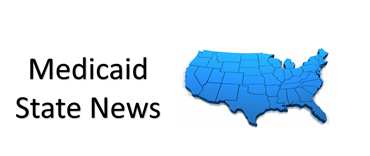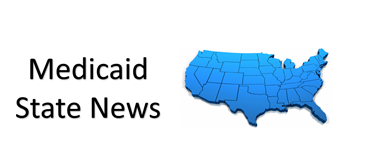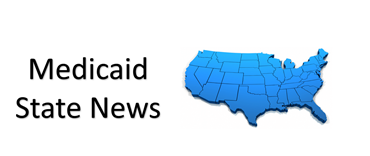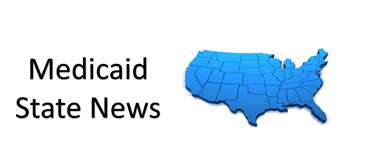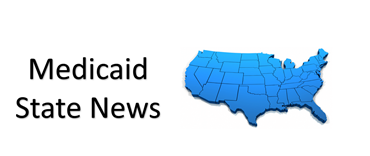MM Curator summary
The Aetna decision to block CVS competitor Walgreens from Medicaid payments has left members with less options for filling prescriptions near their home.
The article below has been highlighted and summarized by our research team. It is provided here for member convenience as part of our Curator service.
CHICAGO (WLS) — A recent change to the Illinois Medicaid prescription plan is making it difficult for many to get medications, especially on Chicago’s South and West sides.
It is a potential dilemma for millions in Illinois. Two months ago, Medicaid clients were told they could no longer use Walgreens unless they wanted to pay full price for their prescriptions.
New legislation is calling for Medicaid recipients to be able to use any pharmacy. But in the meantime, some patients are struggling to access what could be life-saving drugs.
Aetna provides coverage for Illinois Medicaid patients. In December, Aetna changed the prescription plan, dropping Walgreens as a provider. Walgreens makes up 30% of all Chicago’s drugstores. Because Aetna is owned by CVS, Medicaid patients now have to get their medications at CVS and other in-network pharmacies.
“These patients already have a restricted network of pharmacies where they can get their medications, and we’re already in a pharmacy desert, and unfortunately this is being restricted even more,” said Dr. Thomas Huggett, Lawndale Christian Health Center.
There are more than 11,000 Medicaid patients who live on the West Side of Chicago, according to health equity experts. Most West Side neighborhoods do not have a CVS.
“We really need a corporation like CVS/Aetna to really look at its own practices and policies or we’re never going to get to an equitable society,” said Dr. David Ansell, Rush University Medical Center.
State Representative La Shawn Ford sponsored a bill that would allow Medicaid patients access to the pharmacy of their choice, discussing it at news conference on Thursday.
“We have to pass legislation, put pressure on HFS and Aetna to reverse that administrative rule, but right now Aetna and CVS believe that they’re right. They believe that there are enough pharmacies in the boundaries of their clients, and they don’t see a problem with their new rule,” said State Representative Ford.
In a statement to the I-Team, Aetna said:
Aetna Better Health of Illinois is committed to helping Medicaid recipients obtain access to affordable prescription drugs when they need them. Criticism about the access to pharmacy services we provide in our Medicaid network are not accurate and seem to be based on incomplete information.
Across Illinois, nearly 2,000 pharmacies participate in our Medicaid network. In Chicago, our members live – on average – just six blocks or a half-mile from one of 271 in-network Chicago pharmacies, including CVS Pharmacy, Jewel-Osco, HY-VEE, Kroger/Mariano’s, Meijer, Walmart, Target, and importantly – many independently-owned community drugstores. None of the pharmacy chains in our network is designated a preferred pharmacy, and the fact is that many of our members choose to support locally-owned independent pharmacies in their neighborhood. Support of these small businesses is an important long-term solution to addressing pharmacy deserts and stimulating local economies.
We regularly review our network and geographic access points to ensure we are meeting the needs of our members and maintaining network adequacy. We continue to meet or exceed all of the state’s access requirements for managed care organizations. Our strategy to address greater access for members living near pharmacy deserts includes free delivery from many chain and independent pharmacies and 90-day prescriptions shipped directly to members’ homes. We continue to invest in partnerships to drive innovation and community-based solutions to address this issue.
Clipped from: https://abc7chicago.com/illinois-medicaid-pharmacy-plan-walgreens/10315664/
00:00


